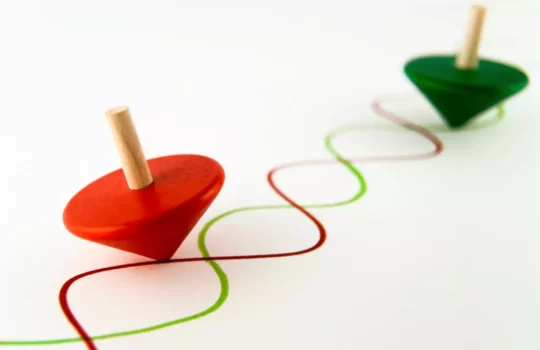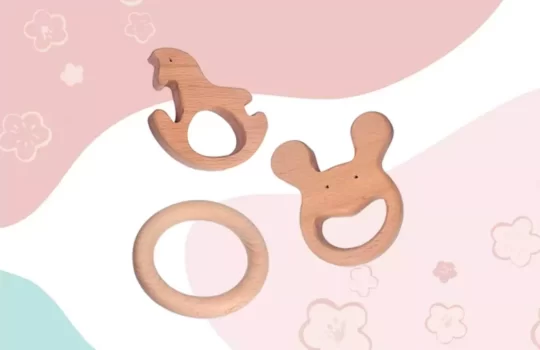The Power of Playdough Play
April 19, 2023 2023-07-10 10:43
The Power of Playdough Play
Rolling. Beating. Smashing. Squeezing. Moulding. There are so many things a young child can do with playdough. While it may seem that playing with playdough is just fun, there is so much more learning to be had with this lump of joy. Playdough is fun, interesting, non-toxic, reusable and a great learning staple that should be a part of every home and classroom with young children.Let’s look more into what learning your child can get out of playdough, be it one made from home or store-bought. Apart from the playdough itself, all you need are a few props such as bottle caps, candles, buttons, feathers, leaves, pebbles, straws, kitchen utensils, toothpicks, and small figurines of humans, birds or animals and a clean surface - endless hours of learning and fun is guaranteed!
Improves Fine Motor Skills
Science and Discovery
Fosters Creativity and enhances the imagination
Develops children’s literacy and language skills
Supports Numeracy Skills
Develops Socio-emotional skills
Paves the way for a soothing and calming effect
No matter what your age, even a few minutes spent playing with playdough can be highly therapeutic. All that squishing, squeezing and pulling the playdough can be so relaxing, particularly at the end of a long tiring day. It’s the same for children as well. Young children have big feelings as well which they may not always know how to express. Why don’t you give playdough to them after a long day at school and watch them really get into pummelling and pounding it to their heart’s content! It’s a great way for them to let off some steam and calm themselves down when they are feeling things that are beyond them.
As you can tell, playdough is an incredibly wonderful play material you can introduce to your young kid from an early age. So, the next time your kid points out to playdough and asks for it, then don’t hesitate for even a second to buy it.
Encourage them to play with it and you could even join in with them to get the most out of it. Have loads of fun and learning together! And do let us know in the comment section everything you and your little one did with it.






